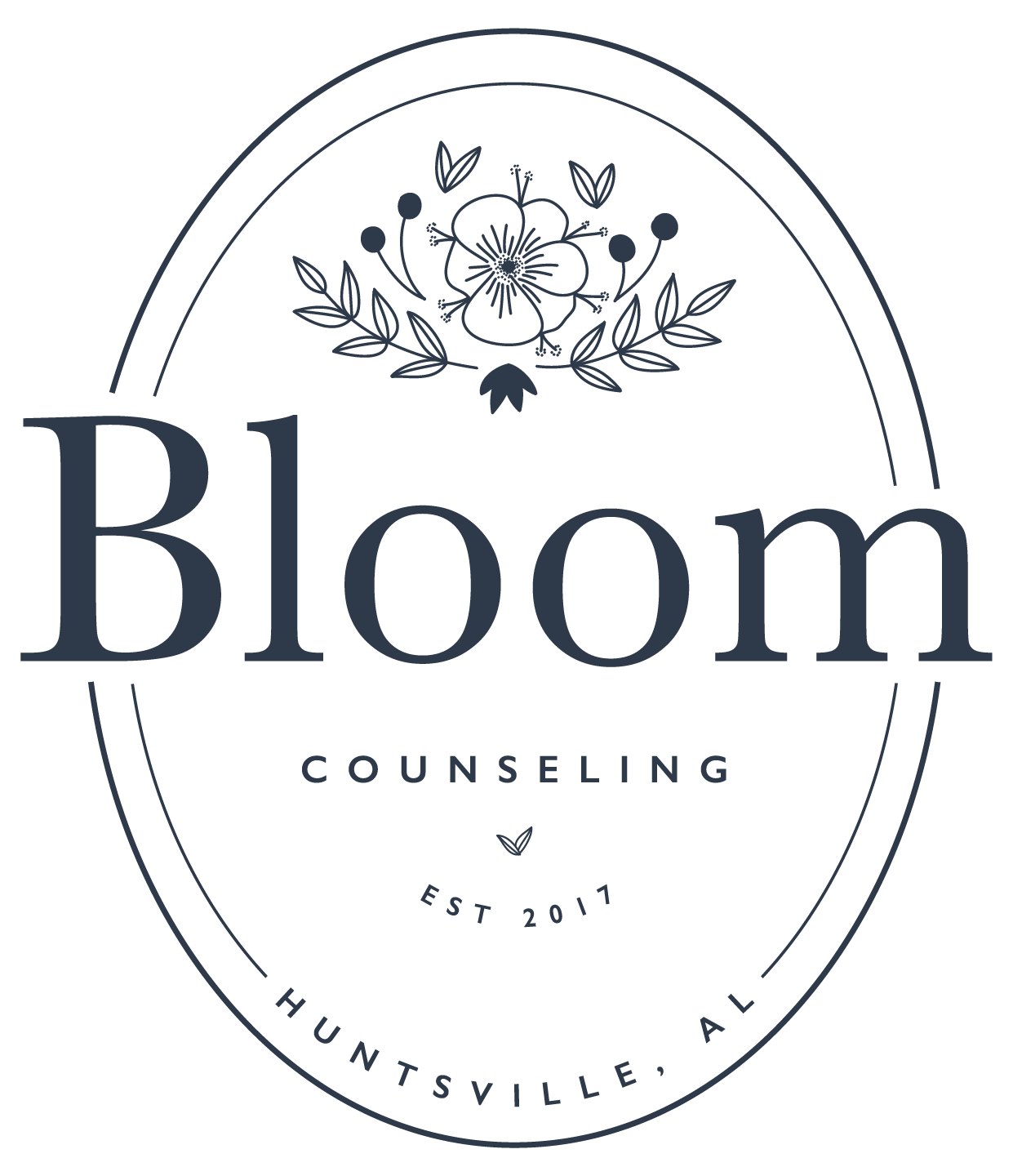How To Find A Therapist in Huntsville, Alabama
If you’re new to the area, or to the world of therapy, you may be wondering how to find the right therapist for you. Sure, you can ask a friend or start randomly googling online, but not everyone has success using those methods alone. I’m here to take the guesswork out of it by talking about how to find a therapist in Huntsville, AL.
I want to start by saying that Huntsville has many wonderful Licensed Professional Counselors (LPCs) and Licensed Independent Clinical Social Workers (LICSWs), now you just have to find the right one for you. Let’s get started!
1. Examine your needs. First, start by examining your needs. What would you like help with? What are your goals? This will be useful as you begin your search and will allow you to look for therapists who specialize in those areas. If you’re depressed or anxious, search for someone who specializes in treating those symptoms. Having trouble in your relationships? Seek a therapist who has experience in that area. Doing so will immediately help you narrow your search and get the best possible treatment.
2. Determine how you’re most comfortable getting referrals. Think about other areas of your life, how do you find what you’re looking for? Do you turn to your family or friends for guidance? Your doctor? The Internet? Facebook groups or online forums? Therapy is such a personal process and it’s important that you use the method in which you are most comfortable.
3. Reach out for a referral. Once you’ve decided how you’d like to get a referral, start by putting out feelers or doing your research.
a. Family or Friends (that you feel safe and comfortable with): Sometimes it’s as simple as putting it out there by saying “I’m thinking about starting therapy”. Once that door has been opened, many people will share if they are familiar with the process. Or, “I’ve heard you talk about therapy before, do you have someone you recommend”?
b. Doctors or Insurance Companies: Many family or general practitioners have some knowledge of mental health conditions and have established relationships with qualified therapists in the area. It’s an added bonus if your doctor knows you well as they can refer you to someone who may be a good fit. Also, if you are wanting to use your insurance to pay for services, you can call the number on the back of your card for a list of therapists in your area who accept your plan. Additionally, your employer may have an Employee Assistance Program that could be helpful.
c. The Internet: If you’re reading this blog, chances are you’re comfortable searching the Internet! I’d recommend you start with Psychology Today, which is a website that houses an extensive counseling directory that can be searched by location. Once there, type in your city or zip code to start your search. You can also narrow your options by selecting your needs (they call them “issues”) along the left-hand side of the screen. If you are looking for providers who offer sessions at a reduced rate, head to Open Path Collective. There are a limited number of therapists in the Huntsville area who are listed on that website.
d. Facebook groups or online forums: Again, if you are comfortable, you can reach out to other people in your city for recommendations. Facebook is not so private since it is attached to your name but many other online forums allow you to create an anonymous handle.
4. Research and contact specific providers. Once you have the name of an individual or counseling center, you can begin doing a more thorough search of those options. Check out websites and/or profiles to determine if you feel a connection. Read their blogs…do you feel like they’re talking to you? Email or call them to see if they are accepting new clients. Find out about the investment and if they offer an initial consultation. Don’t be afraid to ask questions to determine if it is a good fit, they’re used to it, I promise!
5. Schedule your first appointment. Once you decide on a therapist, schedule an appointment. The first session is called a Diagnostic Interview and will usually last about an hour. This session is so important, and the research is very clear – a good connection with your therapist is absolutely vital to success – so make sure you feel comfortable with and supported by this person. If you don’t, it is absolutely okay to continue your search.
Hopefully this has provided a useful starting place for finding a therapist. Although this sounds like a long process, once you find the right fit, it will be totally worth it.
